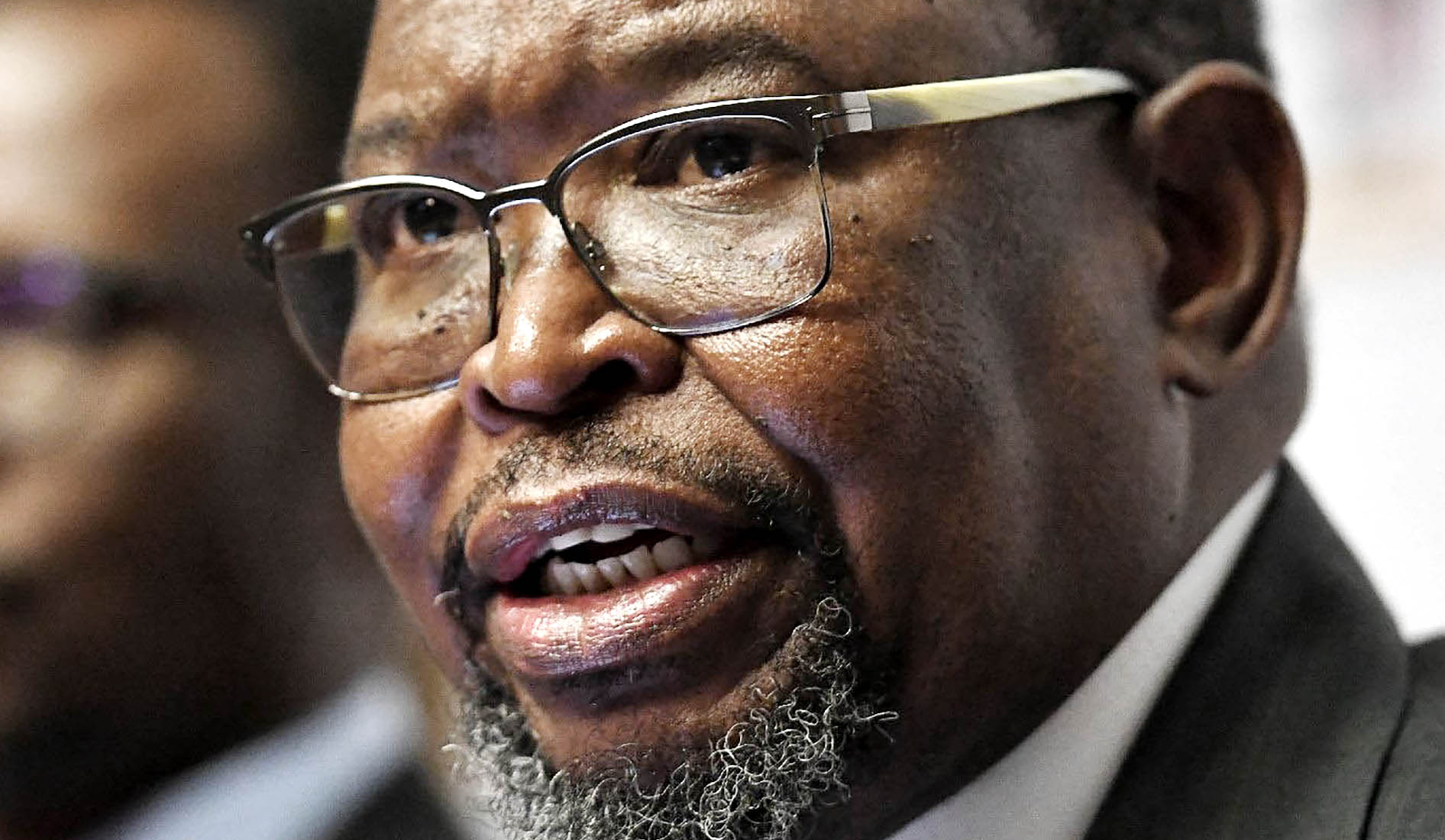The National Treasury is sticking to its path of fiscal prudence and cutting expenditure by informing all government departments to fund events and initiatives around South Africa’s Group of 20 (G20) presidency by reprioritising current budgets.
In other words, government departments are being told to free up money within already allocated funding — also provisioned for other service delivery initiatives — to bankroll G20 events.
It also means that the Treasury is cautious about allocating new money to fund G20 events set to be held across South Africa for the next 10 months. After South Africa, the G20 presidency will be handed over to the US and its president, Donald Trump.
The Treasury’s instructions are in the technical guidelines for the upcoming budget for the 2025/26 fiscal year, which will be tabled in Parliament by Finance Minister Enoch Godongwana on Wednesday, 19 February 2025.
In six-page-long technical guidelines, the Treasury reminded government departments of the “tight fiscal environment”, adding that if they were involved in G20 events, they “should focus on high-impact initiatives to reduce costs, with departments expected to fund activities primarily through reprioritisation and realignment of current budget baselines”.
This does not necessarily mean that the Treasury has completely closed the door to helping government departments when they ask for financial support.
The Treasury said departments unable to fund G20 activities through reprioritisation had received supplementary funding through the 2024 Adjusted Estimates of National Expenditure to offset the G20 funding shortfall in 2024/25.
“The 2025 fiscal framework has made provisional allocations for G20 funding for selected departments, to be announced during the 2025 Budget,” said the Treasury.
Even though the Treasury issues technical guidelines before tabling the budget, the institution can be persuaded to reconsider its decision not to allocate new money to programmes. For example, in 2023, the Treasury issued guidelines ahead of the Medium Term Budget Policy Statement, recommending that all government departments face budget cuts.
Departments were also told to fund the 7.5% wage increase for public servants from their existing budgets for 2023/24 and the following two years.
Read more: SA’s delivery of crucial services under threat after Treasury desperately calls for public ‘fiscal consolidation’
After the Treasury issued guidelines, it received backlash from civil society groups for cutting budgets that would compromise service delivery and impact on the fabric of society. This pressure prompted the Treasury to reconsider its decision and allocate new money to education and health programmes, which are usually protected at all costs. The Treasury also made additional funding available for professions that it deemed to be critical, such as education, health, police, defence and correctional services.
Hosting events around the G20 is estimated to cost nearly R1-billion, with South Africa’s government needing to secure private venues to host summits and engagement forums in Gauteng and other parts of the country.
South Africa will also host B20 (Business 20) events, one of several “engagement” forums that feed into the G20 leaders’ summit. The government cannot afford the R1-billion cost. To reduce costs, the government has already asked private sector companies, including all the big banks and hotel groups, for help by, for example, allowing the free use of their conference venues.
The Treasury has also urged government departments to ask state-owned enterprises to free up their venues for G20 events. It said state-owned airline, SAA, would partner with the state as its official air travel logistics partner for the G20 presidency.
“The nature of the partnership, terms and conditions of the partnership will be detailed in the agreement to be concluded by the Department of International Relations and Cooperation with SAA. Transfers to and from airports, from initial points of entry, will be at G20 delegates’ and participants’ own costs arranged through their sending government, institution or international organisation and will not be borne by the SA government.”
Although the cost of hosting G20 and B20 is exorbitant, the payback for the expense is that South Africa will be put on the global stage, with the country commanding the attention and ears of global leaders to influence discussions on the global economy and foreign policy.
The Treasury’s technical guidelines on the G20 reinforce its plan over the past four years of cutting government spending as South Africa long faced a triple whammy of lower-than-expected economic growth, falling revenue and a rising cost of borrowing due to higher interest rates.
Public finances are expected to be constrained even though South Africa’s economy is in a better position than when Godongwana tabled the budget in February 2024.
The fading of South Africa’s energy crisis, lower interest rates and inflation, and goodwill towards the country in the equities and bond market since the Government of National Unity’s formation should be supportive towards the economy. However, government tax revenue is expected to be lower, mainly because of disappointing corporate tax collections due to reduced profitability, particularly in the mining and manufacturing sectors. Arguably, this is why the Treasury wants to watch expenditure on G20 events. DM
Business Maverick
Treasury rules out fresh funds to government departments for G20 events
Hosting events around the G20 is set to cost nearly R1bn, with South Africa’s government needing to secure private venues to host summits and engagement forums. The National Treasury is not prepared to fund this expenditure.





